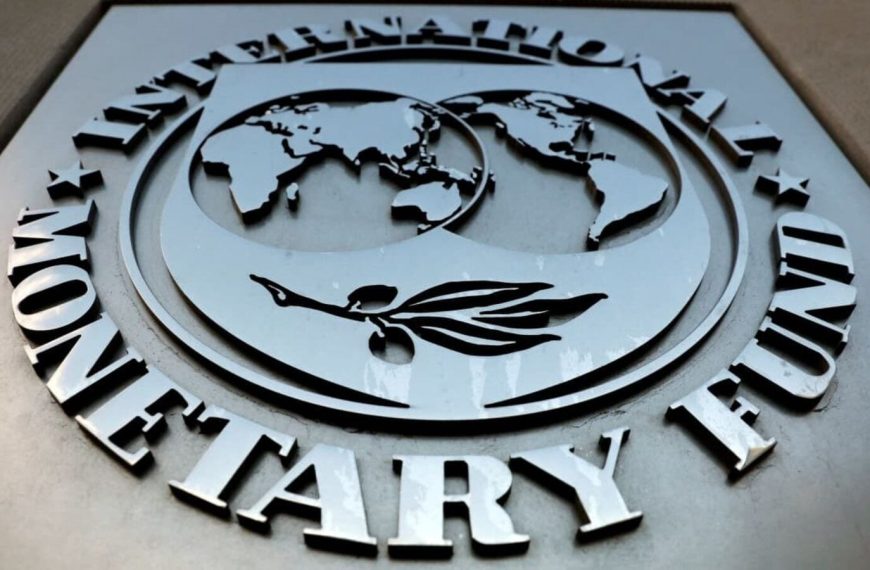The ongoing trade conflict between the United States and China is intensifying, with both countries slapping hefty tariffs on each other’s products. In a significant escalation, the U.S. has increased tariffs on imports from China to an astonishing 104%. In retaliation, China has announced an 84% tariff on American goods, marking a critical moment in this tit-for-tat trade war. U.S. officials have labeled China as a major violator of international trade norms, raising concerns about the long-term implications of these actions.
Rising Tariffs and Tensions
The Chinese government’s decision to impose an 84% tariff on U.S. imports, effective April 10, represents a sharp increase from its previous rate of 34%. This measure is a direct response to the U.S. tariffs and has been met with disapproval from U.S. officials. U.S. Treasury Secretary Scott Bessent expressed his disappointment, stating, “China’s retaliatory tariffs are a misguided strategy that will ultimately backfire.”
- Key Points:
- U.S. tariffs on Chinese goods: 104%
- China’s retaliatory tariffs on U.S. goods: 84%
- Effective date for China’s tariffs: April 10
The Stance of the U.S.
President Donald Trump remains steadfast in his approach to trade, despite facing challenges from within his own administration. Figures such as Elon Musk and Peter Navarro have voiced concerns regarding the trade strategy, yet Trump continues to adopt a confident tone. In a recent address to Republican leaders, he remarked, “Countries are reaching out, eager to strike deals.” This statement underscores his belief that many nations are keen to negotiate favorable agreements.
- Upcoming Engagements:
- Delegations from Japan and South Korea are on their way to Washington.
- Italy’s Prime Minister is scheduled to meet with Trump next week.
- Israel is actively pursuing new trade agreements with the U.S.
Opportunities for Negotiation
As the new tariffs loom, the White House has emphasized that it remains open to fresh trade negotiations. However, the specific conditions for alleviating these tariffs remain unclear. The administration suggests that a proactive approach, similar to that of Israel, could pave the way for fruitful discussions in the future.
In conclusion, the escalating tariffs between the U.S. and China not only impact the two nations but also reverberate through the global economy. Stakeholders are closely monitoring these developments, as they could significantly influence international trade dynamics moving forward.










